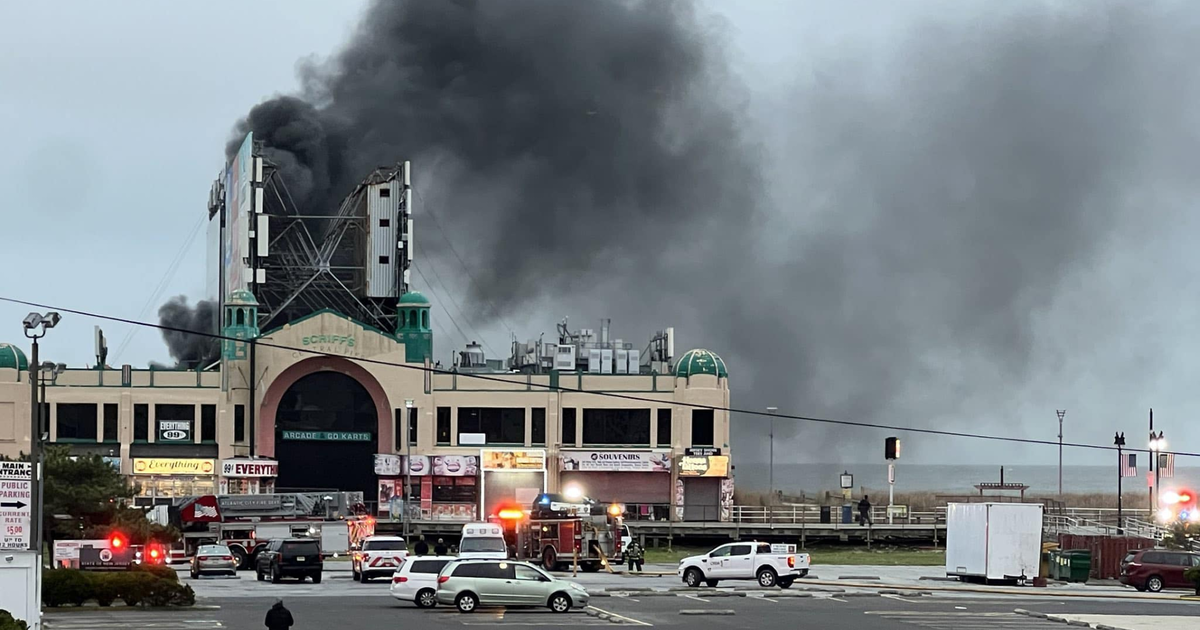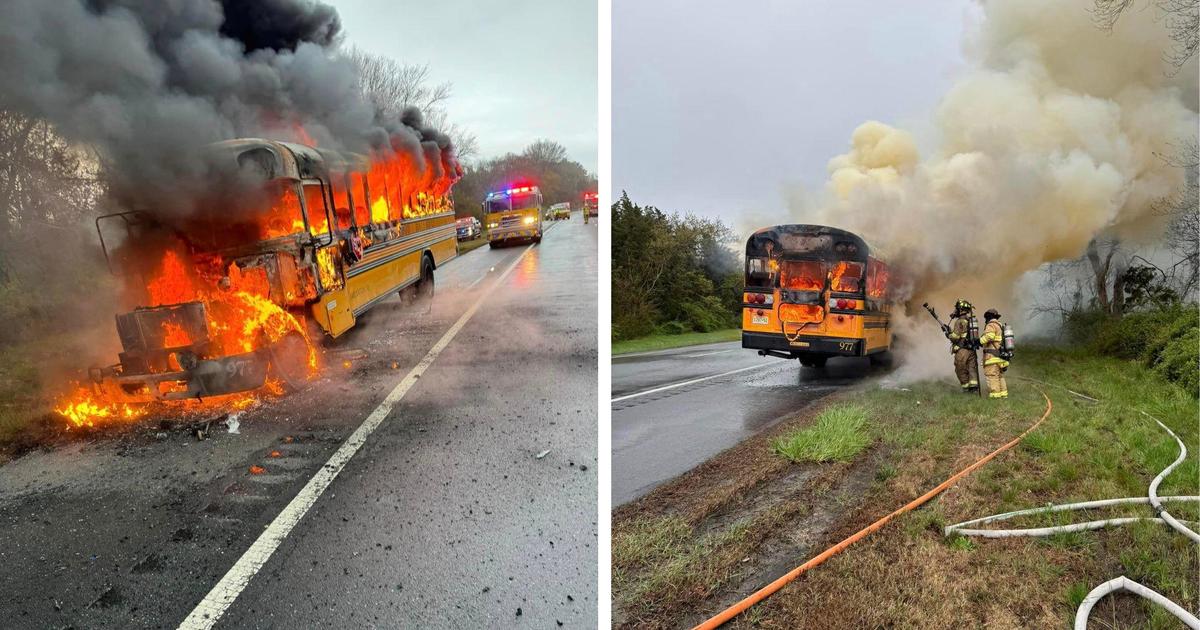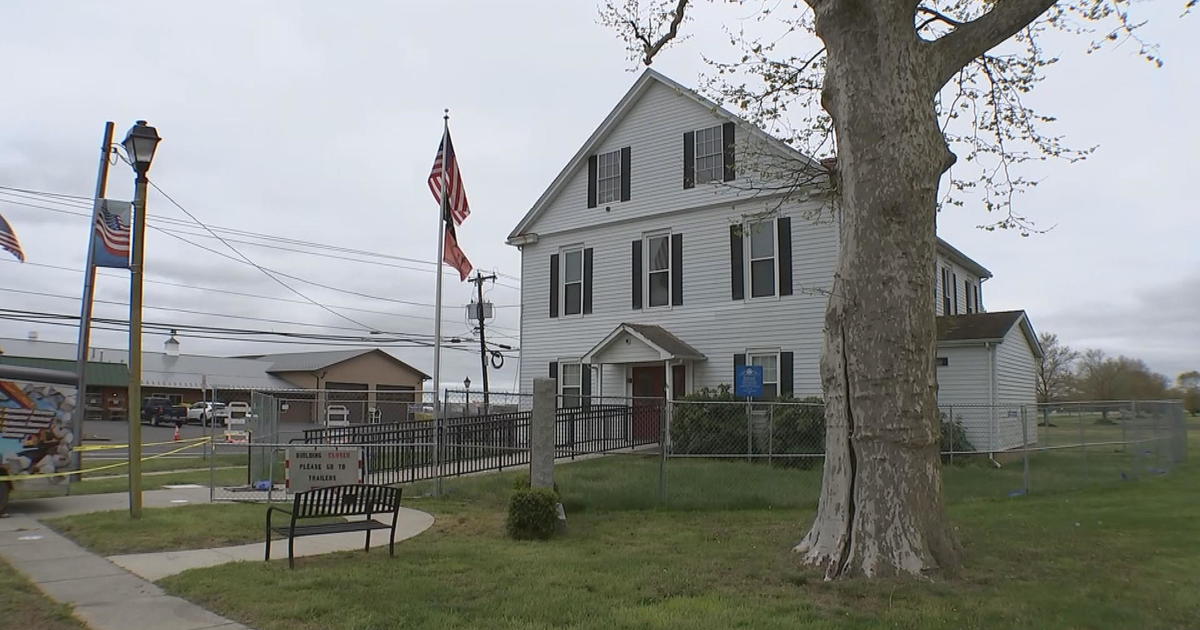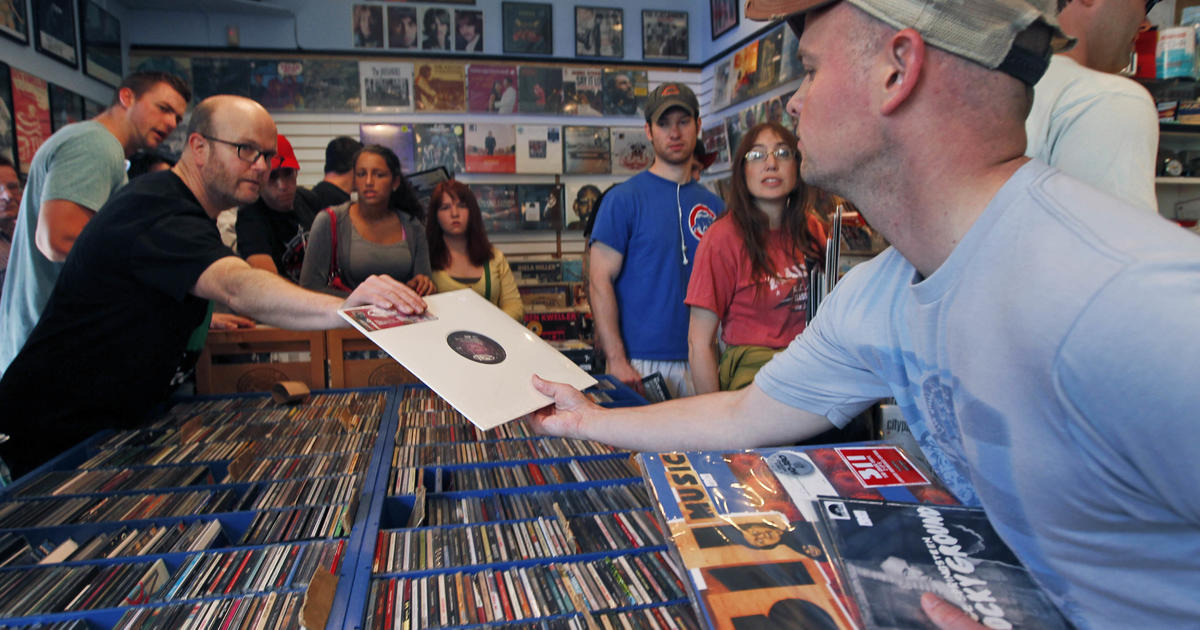Stockton University working to preserve stories of Holocaust survivors
GALLOWAY, N.J. (CBS) -- As fewer and fewer Holocaust survivors are around to share their accounts of the atrocities, one South Jersey university is doing its part to make sure the stories of some survivors are forever preserved so their experiences can serve as a reminder for future generations.
This is the first time Betty Simon is sharing publicly what she witnessed as a little girl when the Nazis came to her native Eastern Europe. They first rounded up 36 people, including her uncle.
"They killed the 36 people to show us that people are nothing," Simon said. "The Jews had to be destroyed."
With the help of several family friends, Simon and some of her family escaped the Nazis by hiding in the forest.
"It was two-and-a-half years we were in that forest," Simon said. "We weren't people. We were animals."
After surviving the Holocaust, she and her husband came to America, settling down in South Jersey and raising a family.
When one of her 12 great-grandchildren asked to interview her for a class project, she was struck by what she received from her great-grandson's classmates after he shared her story.
"The letters I got from those kids, how they appreciate," Simon said.
Now people all over the world can know what Simon went through for the first time. Stockton University's Sara & Sam Schoffer Holocaust Resource Center is digitizing its archive of survivor stories.
The center's work is supported by a phrase that's been passed down among Jewish families.
"l'dor vador, that's Hebrew, 'from generation to generation,'" director Gail Rosenthal said.
Each generation passes down stories shared by Holocaust survivors of their experiences in Nazi Germany.
Rosenthal says they hope to place the stories of all 1,502 survivors living within 40 miles of Stockton University online for people around the world to read.
"This archive and website will remember when no one is left to remember," Rosenthal said. "Our website and archive will."
Besides stories of resilience, the online archive includes an interactive map of businesses started by survivors who came to America. About two-thirds owned chicken farms.
Rosenthal says students play a pivotal role in bringing together these stories and she says there's still more research to conduct.
"Each semester, there are more Stockton students, undergraduates and graduates that are now involved in the project," Rosenthal said.
And becoming part of the next generation to share survivors' stories.
"I wish that people that see me realize how much they have to learn and feel," Simon said.




